[Invited Talk] - Northeast Symposium on Biomedical Optics

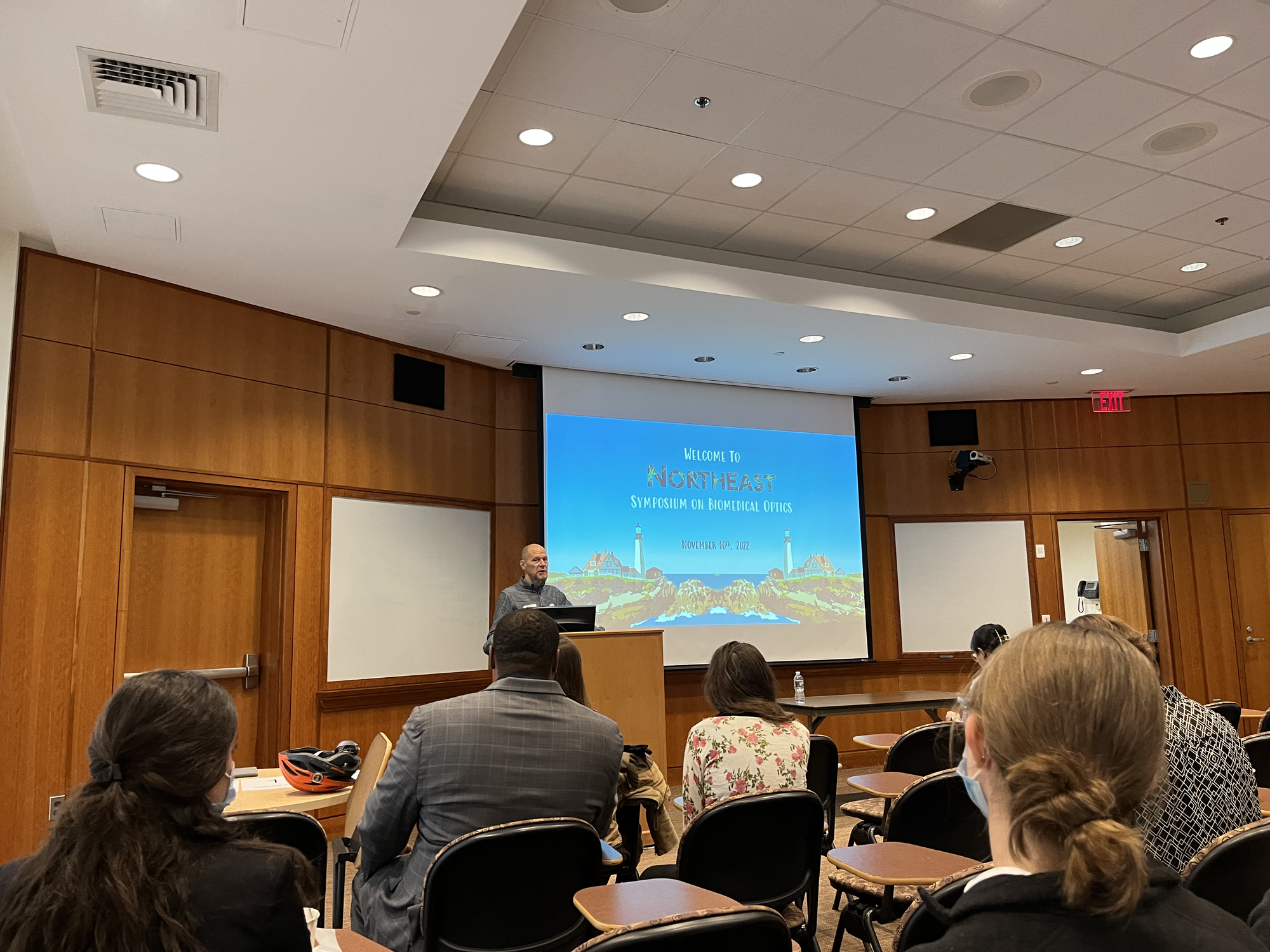
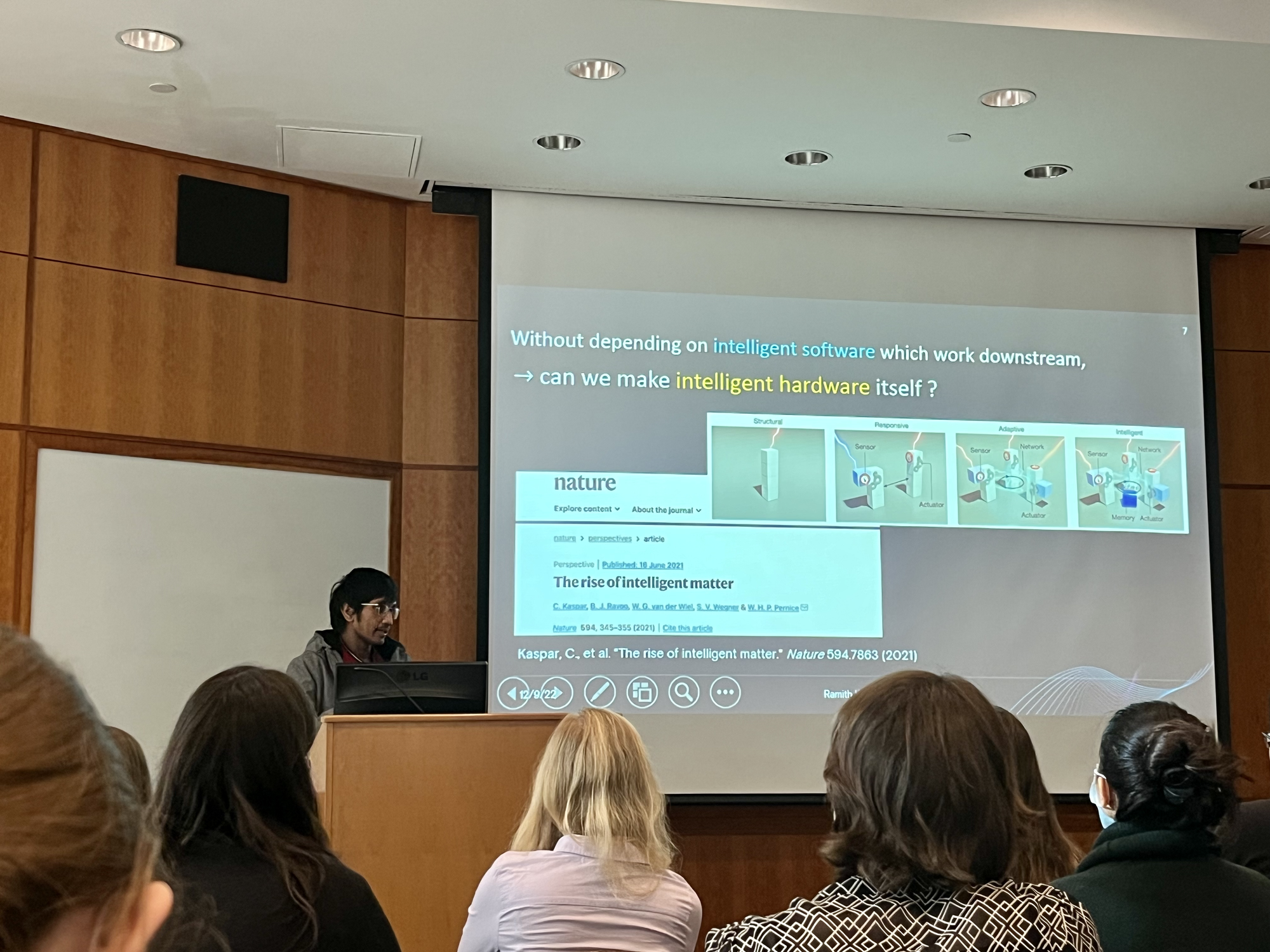
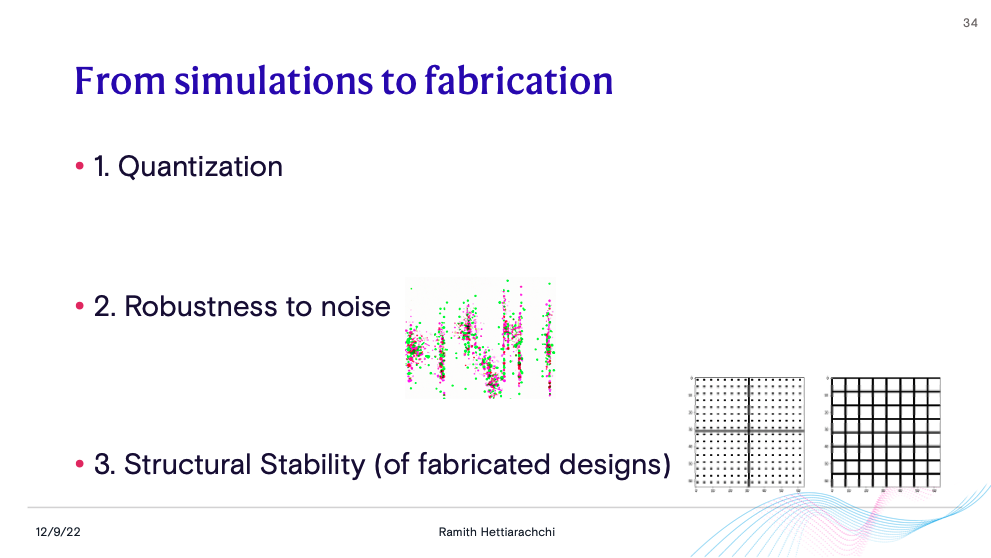
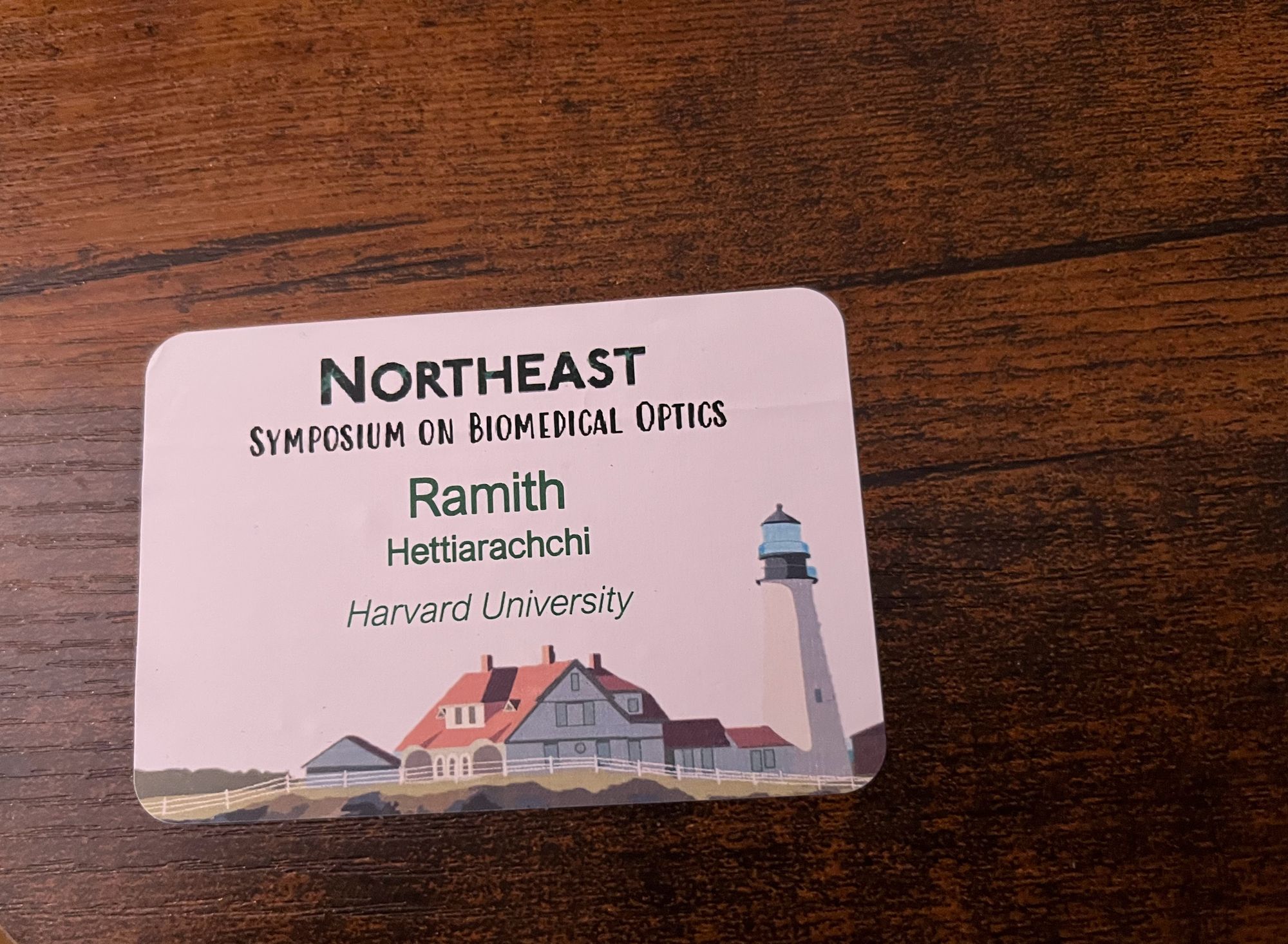
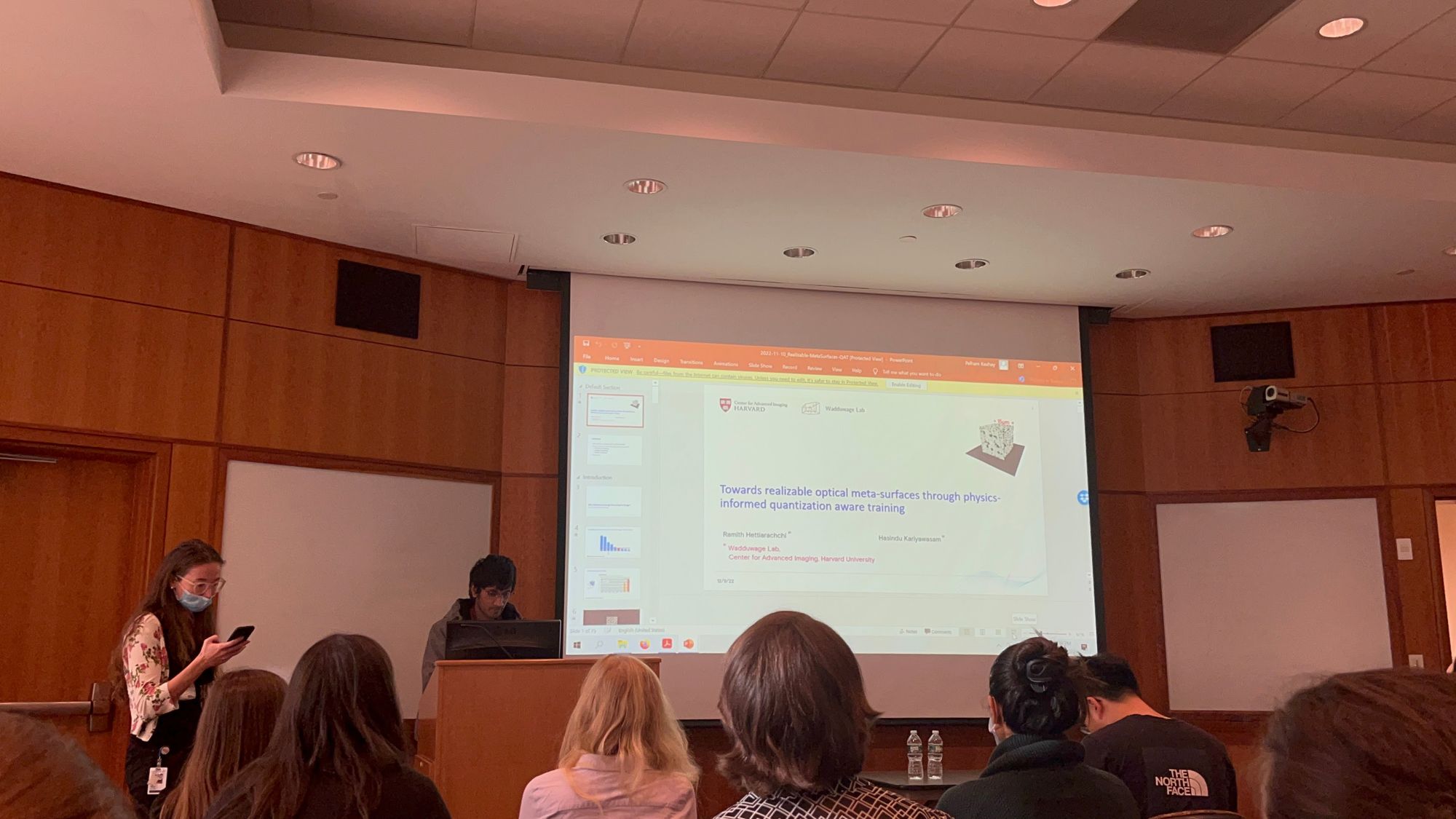
Abstract
Computational imaging performs intelligent measurements with a “brain” made of programmed optics like meta-surfaces. These programmable optics – though packed with billions of linear operations in a cubic millimeter – often performs poorly due to fabrication constraints. Here we propose a physics-informed quantization-aware training framework that accounts for these constraints and achieves robust designs. We discuss two types of metasurfaces, a learnable Fourier filter, and a diffractive deep neural network for applications such as phase imaging and phase object classification while accounting for the aforementioned fabrication constraints.
Bio
Ramith is a Joint Post-Bac Fellow affiliated to Wadduwage Lab and So Lab in the Division of Science at Harvard University. He completed his B.Sc. degree from University of Moratuwa, Sri Lanka in Electronic Engineering. As a Post-Bac Fellow at Wadduwage Lab, he is currently working with Dr. Dushan Wadduwage on making learnable optical systems robust and realizable by factoring in practical considerations such as fabrication constraints. His research interests include using machine learning for scientific discovery and focusing on the robustness, interpretability, and equitability of machine learning algorithms.
